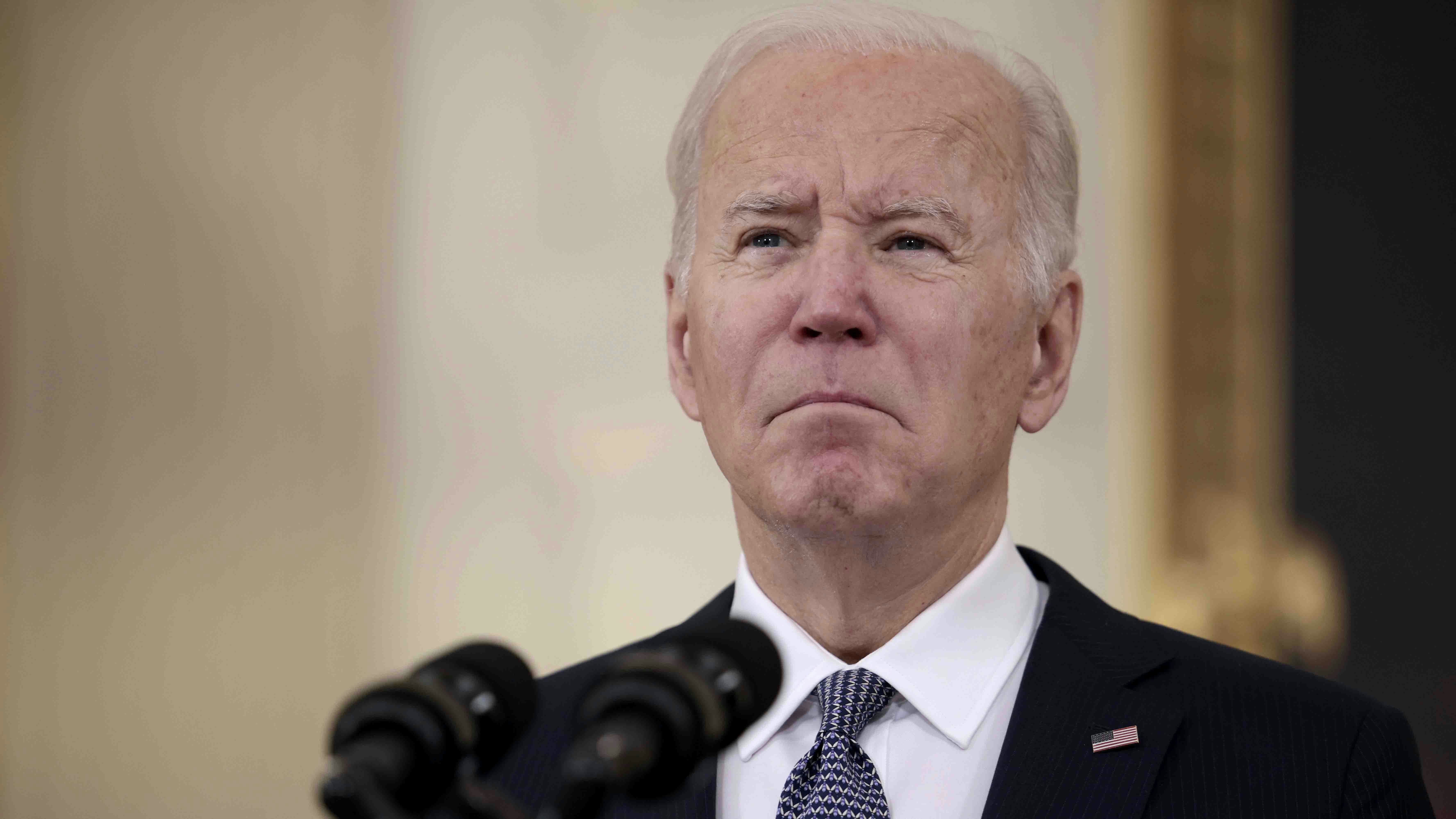The Institute for Energy Research (IER), a free-market energy research nonprofit, began last year building a list of actions the Biden administration and Democrats have taken against oil, gas and coal.
By November 2022, the list had 125 actions. By April, it had grown to 150. This month, the IER updated the list to 175 actions taken since President Joe Biden took office that have harmed oil, gas and coal industries.
Alex Stevens, manager of policy and communications for IER, told Cowboy State Daily that with 2024 elections on the horizon, Biden is waving his anti-fossil fuel credentials.
“It’s obvious that the administration, in order to appease parts of its base, is really focused on continuously rolling out more actions that are going to hurt the oil and gas industry,” Stevens said.
From Day One
On his first day in office, Biden canceled the Keystone XL pipeline and issued a moratorium on all oil and natural gas leasing activities in the Arctic National Wildlife Refuge (ANWR). Within a week, he extended that moratorium to all public lands.
Most recently, in July the administration proposed raising drilling costs of federal lands and held a Methane Summit to reduce methane emissions. No one from the oil and gas industry was invited.
Last month, the BLM proposed removing more than 1.6 million acres from oil and gas leasing in Colorado and proposed revisions to the National Environmental Policy Act that would make it harder to permit any natural gas, oil or coal project.
This month, the administration canceled oil and gas leases held by the state of Alaska in the Alaska National Wildlife Refuge, and more than half of the prospective area of the National Petroleum Reserve in Alaska was withdrawn.
These are just a few of the items on the list.
Challenging Time
Ryan McConnaughey, spokesperson for the Petroleum Association of Wyoming, told Cowboy State Daily that the industry in Wyoming continues despite this onslaught of regulatory attacks, but it’s had an impact.
The active rig count in Wyoming now sits at 25, whereas it was around 30 prior to COVID.
“It’s better than it has been recently, but nowhere near what we saw pre-COVID,” McConnaughey said.
He said that besides the regulatory threats, the industry also deals with regular lawsuits from environmental groups, which delays permitting.
Drilling is a capital-intensive business, McConnaughey said, and most Wyoming producers are smaller businesses, as opposed to the giant oil majors.
They don’t have the resources to have long-term drilling plans in place or absorb the costs of litigation.
“It is a challenging time right now,” McConnaughey said.
‘Full Steam Ahead’
Rick Whitbeck, Alaska state director for Power The Future, an energy advocacy group, told Cowboy State Daily that Alaska’s oil industry shares with Wyoming the challenge of so much production taking place on federal lands.
It’s the citizens of the U.S. who ultimately bear the brunt of the impacts, he said.
“Since Day One of his presidency, Joe Biden has laid waste to the livelihoods of the 10 million Americans who work in traditional energy,” Whitbeck said.
Stevens said that since the midterms, there’s been a shift away from legislation action, and now the focus is administrative regulations.
“It’s full steam ahead, with more regulation that will drive up energy prices,” Stevens said.
World Stage
Whitbeck said that while the U.S. attacks its energy industry, China is building out its coal fleet, which will weaken America’s competitiveness on the world stage.
China’s industrial might and its ability to feed supply chains will grow ever stronger, Whitbeck said, while America’s energy prices climb and its grid becomes less stable.
“Every time Biden and his administration take action against the industry, he weakens America’s standing among world powers, while enabling the Chinese and Russians to assume greater control of future resource development opportunities across the globe,” Whitbeck said.





